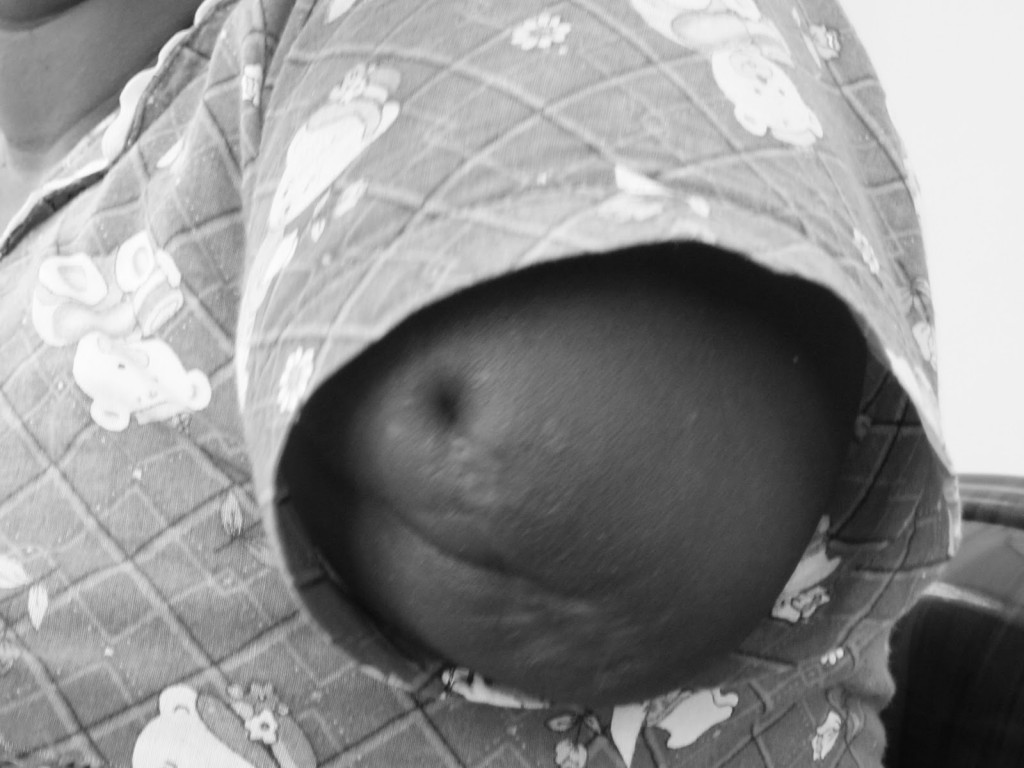Photography by DushiYanthini Kanagasabapathipillai
Kiru is a soft spoken but hard-nosed activist from Jaffna. He and I both attended the opening ceremony of the recently concluded World Conference on Youth (WCY) in Hambantota, and he and I both watched as the President got up on stage and spoke about the eradication of terrorists, and of the successful re-integration of ex-combatants into society. The tone was heroic, victorious, Sri Lanka had ‘done away with terror’ and was ‘on its way’ to paraphrase Bathiya and Santhush’s lyrics for the Conference’s theme song.
Kiru had lost his mother to cancer and the LTTE when he was twelve. She couldn’t be brought into Colombo for treatment because the way was blocked. The care she needed simply wasn’t available in Jaffna at the time, and so her three boys and husband had no choice but to simply watch as she slowly succumbed. Today Kiru works with people traumatized by conflict; the post war displaced, ex-combatants, war widows, children.
Later that night, he told me how ex-combatants, former heroes in their villages, are now less than nothing. Repeatedly harassed by armed forces, they have no privacy and they are free only in name. Many of them, depressed, have resorted to suicide. Kiru’s voice shakes with emotion. The Tamil population in the North, by and large, are regarded with acute suspicion. Public gatherings are closely watched. Extra-judicial justice is doled out liberally by paramilitaries that are watching for just the hint of a step in the wrong direction.
In the beginning of this year I witnessed long-time residents of Colombo being uprooted from their ancestral homes with little more than a few weeks’ notice. The social costs of such a massive internal displacement of peoples completely ignored in the driving urge of greed and ‘economic growth’.
In 2013 I witnessed and participated in anti-hate campaigns in Sri Lanka, protesting against emerging Islamophobia and anti-Muslim sentiment. The Bodu Bala Sena and its ilk, once in possession of an almost overwhelmingly powerful voice in the country, has now seemingly lost some of its influence. But it still operates and threatens to re-emerge in force; having forged ties with the deadly 969 movement in Burma, extremists that have set in a motion a genocide against Burmese Rohingya. It is not a stretch to imagine that the Bodu Bala Sena would like to see the same thing happen to Sri Lankan Muslims.
Everywhere, I see matters dealt with hardness. With very little tact, genuine sensitivity and caring, concepts that should have been at the top of our post war agenda for the country. The Lessons Learned for Reconciliation Commission (LLRC)’s recommendations have been all but brushed under the carpet. It is as if we as a nation have simply refused to acknowledge our past. Like much of our attitudes to mental illnesses and psychological scars, we choose to gloss over, ignore, walk-over. Choosing to point at the faults of our critics instead.
I grew up in the war, not in the same way as those who were actually in the warzones, but my childhood was clouded by spells of terrified thought that I would lose one of my parents to a bomb blast. One night, when my father took hours to return home after the train bombings of ‘96, a commute he usually made after work, my fears were almost realized. Almost. One of my friends wasn’t so lucky, his father died in that train, and his mother permanently lost her sight.
Life was full of bad omens then. The plume of black smoke I saw from my 3rd floor classroom, rising into the air after a bomb blast in ’98; the plastic makeshift window-covering bursting free with a loud pop as the Central Bank bomb of ‘96 went off. Chaos at school, teachers relating stories of bloody corpses and mangled bodies to each other; heedless of listening kids. The severed head of a suicide bomber on TV became an almost routine, expected sight.
Looking back I am surprised and very thankful to the Almighty that the war never really touched me. And I am grateful, grateful more than anything else that the war has ended. We are definitely freer, more liberated and safer. I salute the government for its efforts in that. No one likes to talk about the gluttony of war until it ends. War today, it seems, is never clean. Which, I think, is why the whole human rights debate provokes so many mixed feelings among Sri Lankans.
But as long as the war didn’t directly touch me I was happy to be as ignorant of it as possible while it lasted. But I can’t afford that luxury now. Because life is again full of bad omens. As I sit here and reflect on the last five years I realize one thing, and one thing only. This realization is not some major intellectual breakthrough that will now change the direction of our post war discourse. It is a very simple realization. One that I know many others of my generation have come to. The realization is this; the war is now over, but the conflict still isn’t.
###
This article is part of a larger collection of articles and content commemorating five years after the end of war in Sri Lanka. An introduction to this special edition by the Editor of Groundviews can be read here. This, and all other articles in the special edition, is published under a Creative Commons license that allows for republication with attribution.
